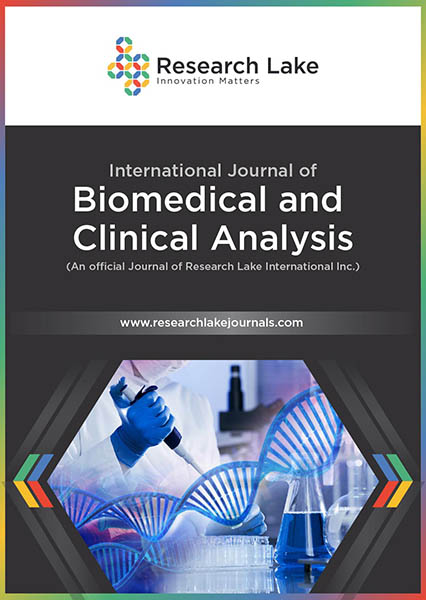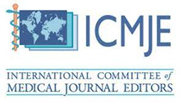Atmospheric Cold Plasma: A Brief Journey and Therapeutic Applications from Wound Healing to Cancer Biology
Abstract
Cold Atmospheric Plasma (CAP) has now become a well-known new edge technology in the field of biomedical science to agriculture and food technology. Ionized gas known as cold atmospheric plasma has recently been the subject of intense inquiry by scientists for its potential application for treatment in oncology and dentistry. Air, Helium, Argon, Nitrogen, and other gases can all be used to create Cold Atmospheric Plasma. Cold plasma can effectively and safely inactivate spores, bacteria, fungi, viruses, and small molecules and thereby improving wound healing, combating microbial infections, and treating skin conditions with great efficiency. Interestingly the in vitro and in vivo demonstration of CAP has shown promising applications in cancer healing and treatment. The most widely employed technique for producing and sustaining a low-temperature plasma for use in technological and scientific applications involves applying an electric field to a neutral gas. The non-equilibrium atmospheric pressure plasma jet (NAPPJ) and the dielectric barrier discharge (DBD) have both been widely used in biomedical applications. This review aims to evaluate the emerging plasma technology - the basic science, technical aspects and provide insights of biomedical application in diverse area.
Copyright (c) 2023 Rahul Deb, Darshana Datta, Koustav Kumar Roy, Poulami Das, Debdeep Dasgupta

This work is licensed under a Creative Commons Attribution-NonCommercial 4.0 International License.
Copyright © by the authors; licensee Research Lake International Inc., Canada. This open-access article is distributed under the terms of the Creative Commons Attribution Non-Commercial License (CC BY-NC) (http://creative-commons.org/licenses/by-nc/4.0/).






















